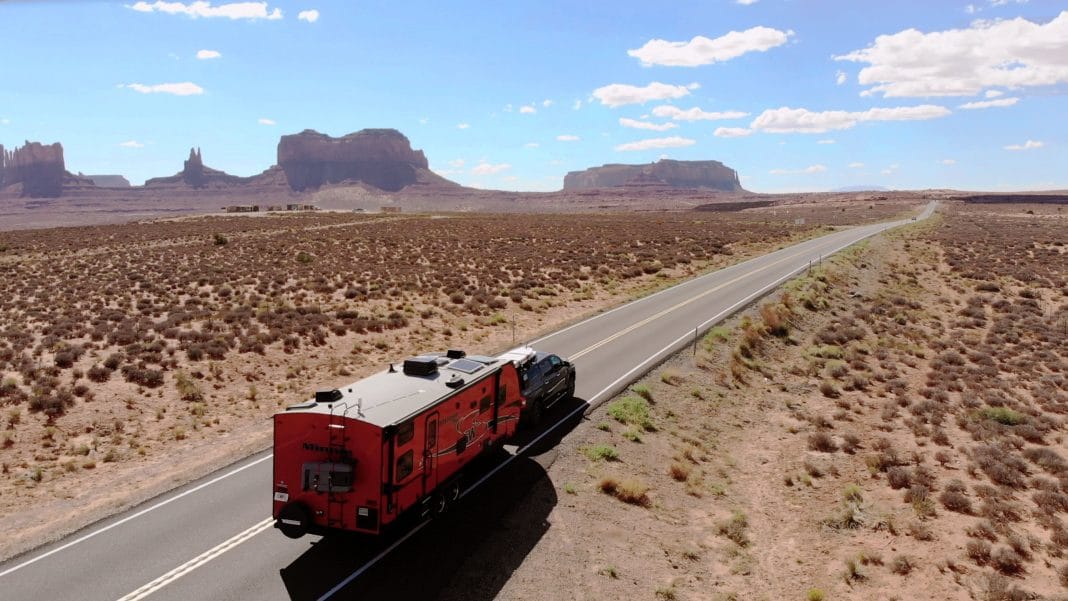This is the way things sometimes happen. And since you and I have much in common – and we do – it could be you writing this. I was in Indiana cutting up a fallen tree and throwing the wood into a pickup. I was working alone; there are certain chores in life for which there are few volunteers. But I was enjoying it – good exercise, followed by the sense of accomplishment and all that. I took no breaks as rain clouds were pressing me to finish. Project completed, I went inside. It was time for popcorn. I knew, however, that I had stressed a muscle in my chest, because it hurt. Although it was a pain that I have never felt before, I knew it was my heart.
I had overworked it, and it was telling me that with a dull, sustained ache. The layman’s term is chest pains. The professionals call it angina pectoris – severe pain in the chest associated with an insufficient supply of blood to the heart. Now what? Nobody’s around, and I’m in a strange place. The pain concerned me, but didn’t scare me. It was not getting worse, radiating to my shoulder or jaw. My heart rate was normal, and I had no shortness of breath.
I took an aspirin and relaxed – sitting up in a chair, not lying down. I was told later that was the only smart thing I did. A week later, back on my home turf. I was feeling fine, but I had not pressed my luck either. I resumed my daily walking routine that includes a short hill climb. That hurt. The pain was back. I went to my doctor. Things moved quickly after that. Result: Three stents (mesh tubes) were put into three coronary arteries. The result was immediate. The blood is again flowing normally into the heart.
What we have in common is not just our interests in travel, but our vulnerability as well. I did not have a heart attack, but I would have if the blood supply had been shut down, not just restricted. If you walk away from those at all, life is seldom the same. Traveling as we do, we are usually in remote places that are a long way from a hospital. And what about cell-phone service? If the person with you has a heart attack – or vice versa – your actions will determine if that person lives or not. Is there any better reason for both of you to know how to perform cardiopulmonary resuscitation (CPR)?
Without a heartbeat, circulation stops, and the brain is the first to suffer. It constitutes 2 percent of the body mass, but consumes about 20 percent of the oxygen we take in, and it’s the control panel. After 10 seconds without oxygen, it begins to give up. Without signals from the brain, other organs begin to do the same. According to the American Heart Association, every minute that goes by without CPR, the survival rate of the victim decreases 7 to 10 percent. Do the math. Some recent studies show that people untrained in using CPR can use a technique for adults called hands-only cardiocerebral resuscitation (CCR), which is rapidly pumping the chest only – without mouth-to-mouth resuscitation.
As it turns out, our bloodstreams contain plenty of oxygen, so if breathing stops our oxygen levels remain normal for quite a while. But the only way that oxygen can circulate is by having someone pumping our chests. It can increase a victim’s chance of surviving by as much as 70 percent. Bottom line: Call 911 and begin chest compressions … and don’t stop until medical help arrives to take over.
Welcome to America’s Outback.
For more info, visit www.americanheart.org.
Bill’s e-mail address: [email protected]
Next month Bill will be in Berea, Kentucky.


